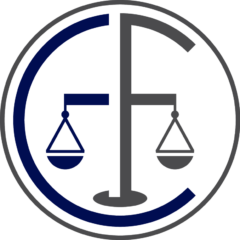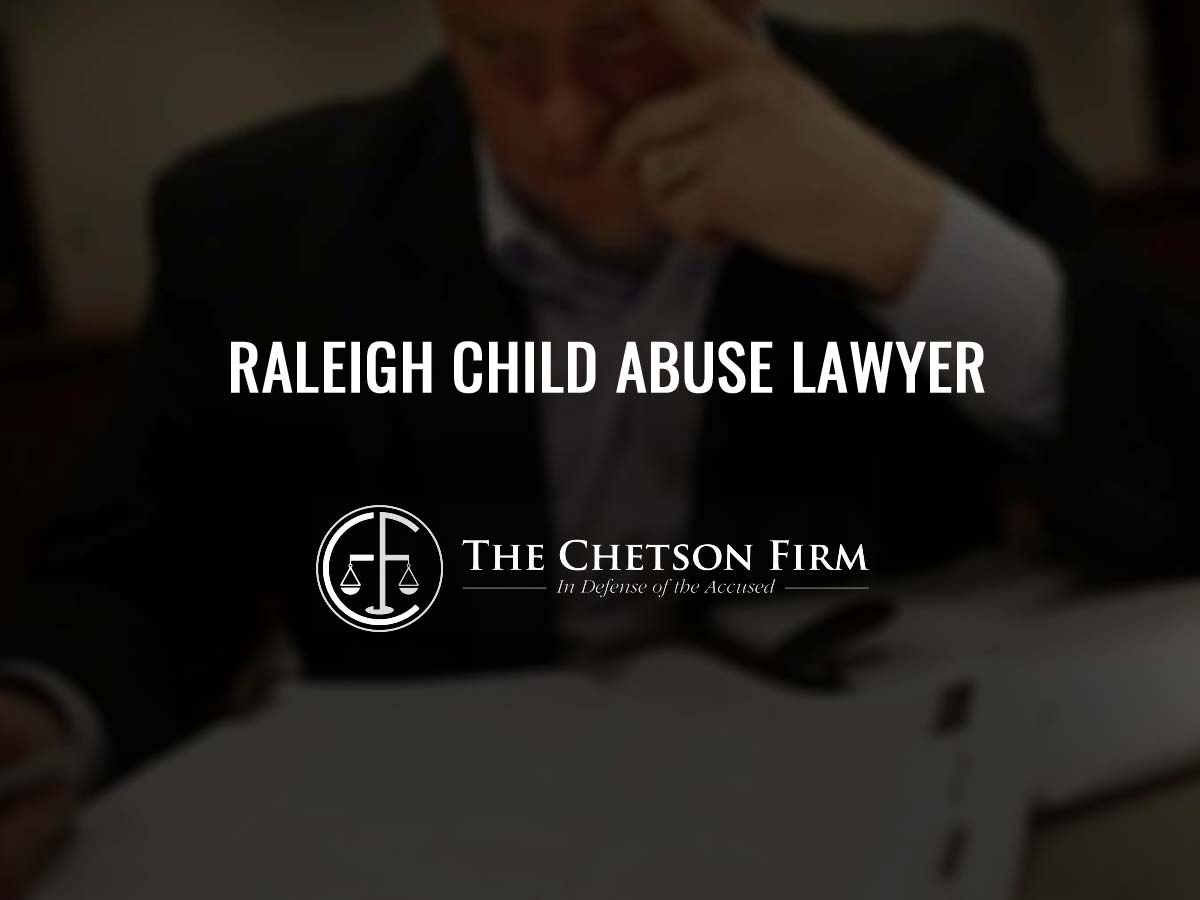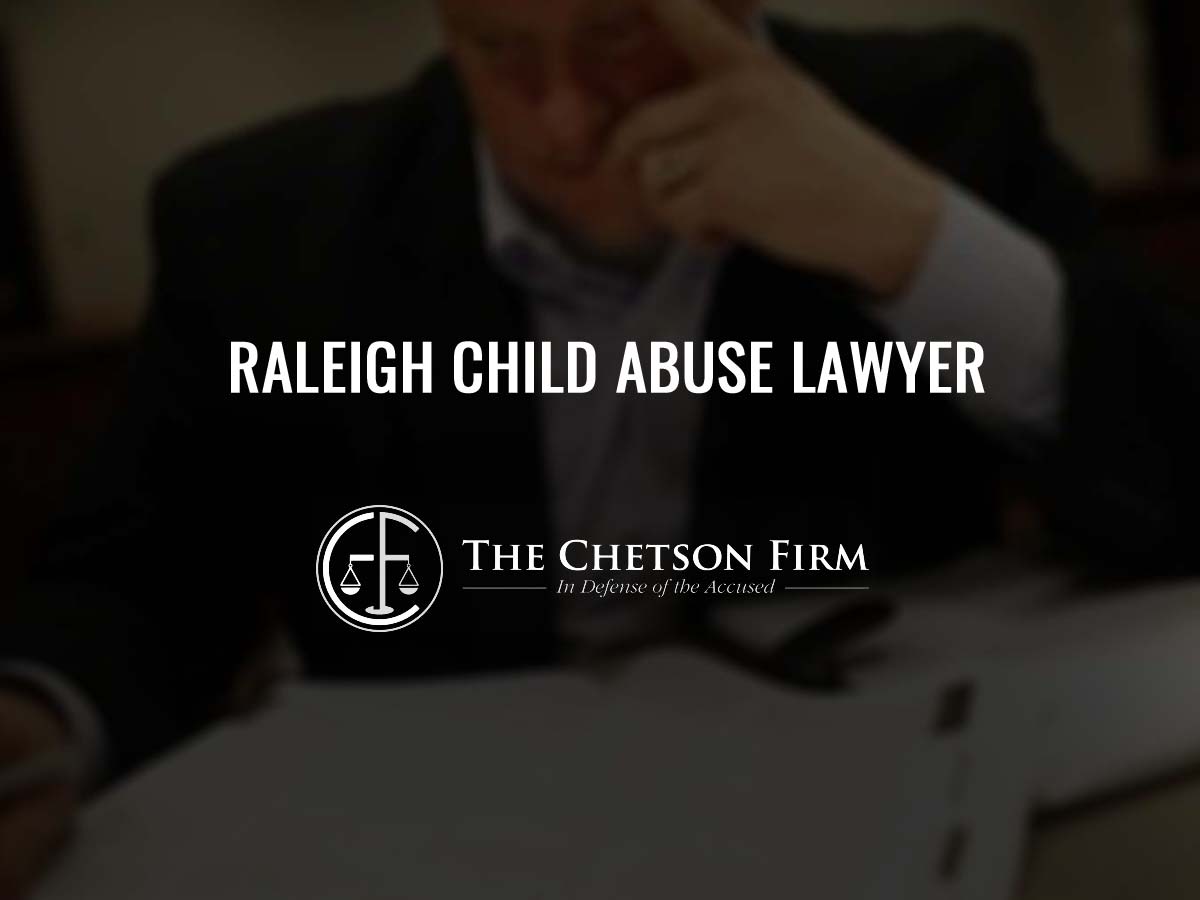Here come the Paycheck Protection Program (PPP) and CARES Act Fraud cases. In March of 2020, Congress passed and President Trump signed into law the Coronavirus Aid, Relief, and Economic Security Act (CARES Act), a $2.2 trillion economic stimulus bill that also included a whole host of federal responses to the COVID-19 pandemic.
CARES Act Stimulus Program
A key part of the CARES Act was the authorization of up to $349 billion in forgivable loans to small businesses for job retention and other expenses. An additional $300 billion was authorized in April 2020. In order to qualify for a PPP loan, a business was required to submit a PPP loan application, which was signed by an authorized representative of the business. The PPP loan application also required the business to acknowledge the program rules and take certain affirmative certifications in order to be eligible to obtain the PPP loan.
Paycheck Protection Program Fraud
In the PPP loan application, the business was required to provide information about its monthly payroll expenses and the number of employees. These figures were used to calculate the amount of money the small business could receive under the Paycheck Protection Program. In addition, businesses were required to provide documentation to substantiate payroll expenses.
The PPP loan proceeds could be used by the business to cover payroll costs, interest on mortgages, rent, and utilities. The PPP allowed the interest and principal on PPP loan to be entirely forgiven if the business spent the loan proceeds within a designated period of time after receiving the proceeds.
Economic Injury Disaster Loan Program
Along with the PPP, the Small Business Administration – with partner financial institutions – also provided Economic Injury Disaster Loans – low-interest financing to small businesses, renters, and homeowners in declared disaster areas – based on the gross revenue and cost of goods sold by the business in the 12 months preceding the disaster. In the case of EIDLs for COVID-19 relief, the 12-month period was that preceding January 31, 2020.
Financial Organizations
In order to administer the programs quickly, the SBA ultimately approved the particular loans, but used various designated banks and financial institutions to collect loan applications, process the applications, and submit the applications to the SBA for review.
Wire Fraud and Bank Fraud
As is true any time any institution – public or private – disburses money, fraud is involved. In this case, more than $600 billion was authorized and disbursed within roughly 90 days, an incredibly quick period in which the Government was eager to help support the economy amid a world-wide cataclysmic pandemic.
We can now expect the Government to begin prosecuting instances of fraud. In general, these prosecutions will fall hardest on individual and small-group fraud. In the 2000s, when the housing market collapsed, even though billionaires oversaw companies engaged in massive amounts of fraud, not a single one was prosecuted by the federal government.
Instead, prosecutions generally uncovered instances of small bore criminality, which of course should not have happened, but which were comparatively minor given the massive fraud that had been committed at the heart of the economy.
If you are being investigated or prosecuted for PPP, CARES Act, or EIDL fraud, the Government will likely pursue Wire Fraud (up to 30 years) and Bank Fraud (up to 30 years) cases in federal court.



